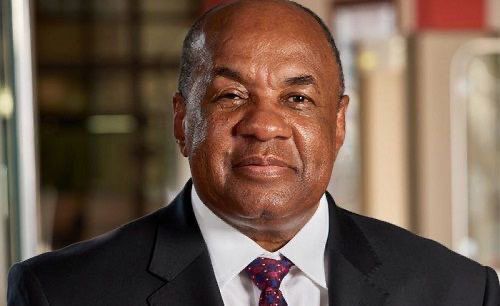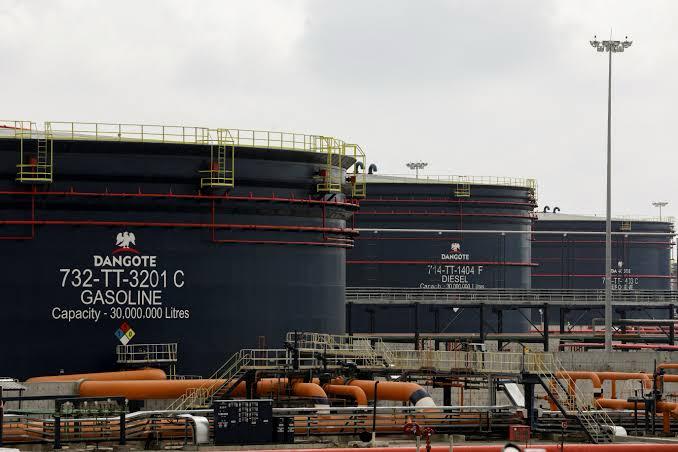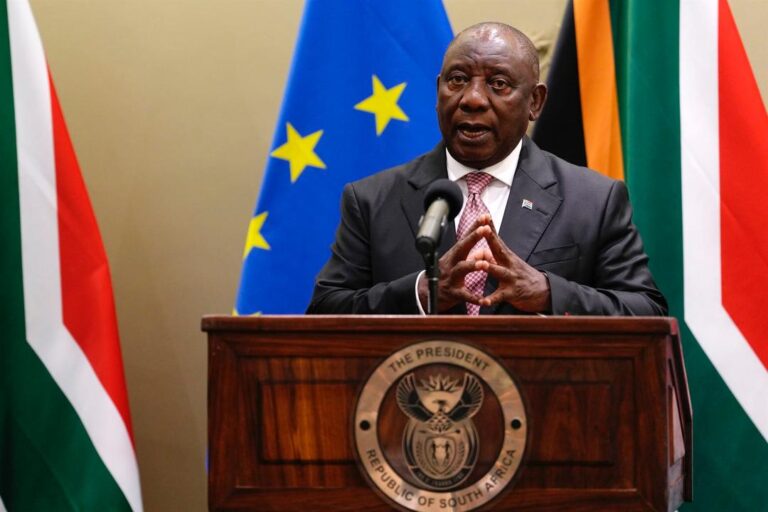From January to September 2024, the Federal Government of Nigeria spent N8.93 trillion Naira on debt servicing, representing 61% of the total revenue of N14.55 trillion generated during the same period. This indicates a severe fiscal strain, where a majority of the government’s earnings are directed toward debt obligations rather than capital expenditure or social programs.
According to budget implementation reported by BusinessDay today, N8.93 trillion spent on debt servicing was significantly higher than the N6.03 trillion that was budgeted for the same period, showing an over-expenditure of almost N3 trillion.
On a quarterly basis, the actual debt servicing costs consistently surpassed the budgeted N2.01 trillion for each quarter:
- Q1 2024: N2.26 trillion spent
- Q2 2024: N3.77 trillion spent
- Q3 2024: N2.89 trillion spent
Meanwhile total revenue generated of N14.55 trillion fell short of the projected N19.4 trillion for the nine-month period. This shortfall in revenue, combined with the rising cost of debt servicing, exacerbated the fiscal pressure.
Non-oil revenue in 2024 performed well, Exceeding Target with a cumulative total of N3.65 trillion generated, surpassing the expected N2.67 trillion for the period.according to reports from budget office.
Conversely, revenues from the oil sector underperformed, with N4.63 trillion generated against a target of N6.13 trillion. The quarterly oil revenue figures remained below the expected N2.04 trillion.

With such a large portion of revenue dedicated to debt servicing, the government has very little fiscal space to fund critical sectors like infrastructure, education, and healthcare. This can delay economic growth and development.
The debt-servicing-to-federal-government-revenue ratio rose from 76.8% in 2023 to 77.5% in 2024, indicating that over three-quarters of government revenue was being spent on debt obligations on a yearly basis.
Meanwhile, the debt management office (DMO) is yet to produce public reports and updates for this year’s budget implementations so far.












